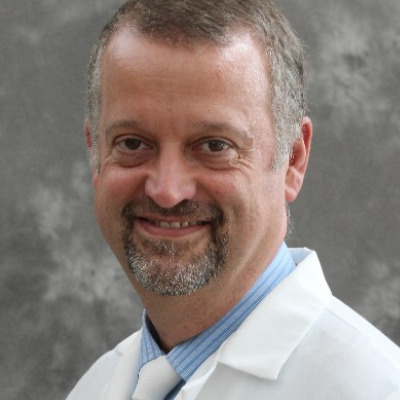After a decade of collaboratively providing interprofessional education, Florida Atlantic University and Palm Beach Atlantic University, identified a need to focus on the clinical learning environments to model the competencies in practice. While advances in clinical practice have been made to foster effective healthcare teams, students reflected that they often did not see the IPE core competencies modeled in practice. Educators surmised this might be due to discipline specific educational differences or by providers who did not get any exposure in their educational programming/training curriculum.
Responding to this need, Florida Atlantic University’s colleges of medicine, nursing and school of Social Work, and Palm Beach Atlantic University’ school of pharmacy partnered to identify the clinical sites for each of their discipline health professional students. Using GIS mapping software, we located clinical sites where two or more professions were already present. This nexus provides a forum in which there are opportunities to educate healthcare providers for team-based care, and for students to serve as catalyst/agents of change within these clinical environments. Additionally, students will be applying what they learned in their IPE curriculum to improve team efficiency and effectiveness and ultimately contribute to achieving the goals of the Quadruple Aim.
The process of heat mapping using GIS software lays the foundation for a unique interprofessional approach to enhancing clinical learning environments. This novel strategy in highlighting the clinical sites across two academic institutions where multiple professions are present, offers an opportunity to improve patient care. The use of evidence based communication tools, demonstration of interprofessional competencies and implementation of strategies to improve team collaboration will positively impact patient care.
In support of improving patient care, this activity is planned and implemented by The National Center for Interprofessional Practice and Education Office of Interprofessional Continuing Professional Development (OICPD). The OICPD is accredited by the Accreditation Council for Continuing Medical Education (ACCME), the Accreditation Council for Pharmacy Education (ACPE), and the American Nurses Credentialing Center (ANCC) to provide continuing education for the healthcare team.
The National Center OICPD is approved by the Board of Certification, Inc. to provide continuing education to Athletic Trainers (ATs). This program is eligible for Category A hours/CEUs. ATs should claim only those hours actually spent in the educational program.
This activity was planned by and for the healthcare team, and learners will receive Interprofessional Continuing Education (IPCE) credit for learning and change.


Physicians: The National Center for Interprofessional Practice and Education designates this live activity for AMA PRA Category 1 Credits™. Physicians should only claim credit commensurate with their participation.
Physician Assistants: The American Academy of Physician Assistants (AAPA) accepts credit from organizations accredited by the ACCME.
Nurses: Participants will be awarded contact hours of credit for attendance at this workshop.
Nurse Practitioners: The American Academy of Nurse Practitioners Certification Program (AANPCP) accepts credit from organizations accredited by the ACCME and ANCC.
Pharmacists and Pharmacy Technicians: This activity is approved for contact hours.
Athletic Trainers: This program is eligible for Category A hours/CEUs. ATs should claim only those hours actually spent in the educational program.
Social Workers: As a Jointly Accredited Organization, the National Center is approved to offer social work continuing education by the Association of Social Work Boards (ASWB) Approved Continuing Education (ACE) program. Organizations, not individual courses, are approved under this program. State and provincial regulatory boards have the final authority to determine whether an individual course may be accepted for continuing education credit. The National Center maintains responsibility for this course. Social workers completing this course receive continuing education credits.
IPCE: This activity was planned by and for the healthcare team, and learners will receive Interprofessional Continuing Education (IPCE) credits for learning and change.






